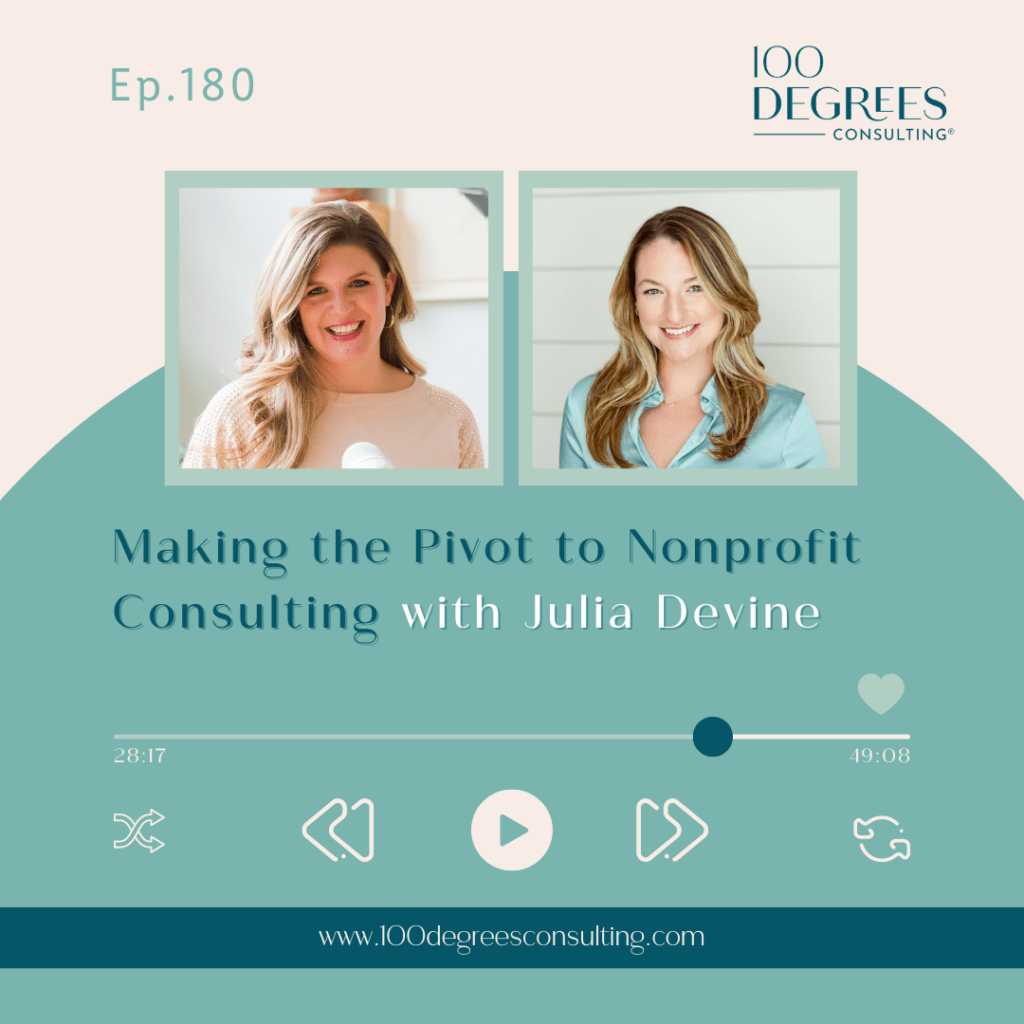If your fiscal year is the calendar year, October is the start of Q4 and when you should begin crafting your next year’s budget. Your budget is the road map to accomplishing your mission, growing your organization, and making a bigger impact, and without a detailed budget you will be lost.
To help you get started, I’ve put together a list of frequently asked questions about budgeting.

Big Picture Budget Questions:
- Do you have to have a break even budget? No! There is no nonprofit law that says you MUST have a break even budget or someone will revoke your 501(c)(3) status. It is generally understood (and the IRS says) that nonprofits exist to execute their mission, so your primary goal is not to generate massive profits that will pad someone’s pocket, but there are some important exceptions.
- Can you budget for a surplus? Yes! As nonprofits, we are not out to make a profit that will be put into shareholders’ or CEO’s pockets, but we can budget a surplus and oftentimes, we SHOULD budget for a surplus. If we need to build up cash reserves to have at least six months of expenses in the bank to ensure sustainability, or we want to start a new program next year and need the extra cash flow, these are great reasons to budget for a surplus. This is one area where nonprofits should operate more like businesses, so be prepared to share your goals and intentions with your board and stakeholders.
- Can you budget for a deficit? Again, yes, but with a few caveats. It’s certainly not a practice I would encourage on an annual basis if the reason you’re budgeting a deficit is simply because you are unable to bring in enough revenue to sustain your programs. That would be a cause for concern and a reason to take a deeper dive into the numbers. However, if you booked multi year revenue in one year and the expenses will catch up the following year, budgeting a deficit is perfectly okay. Again, do the analysis and ensure that your revenue stream is enough to keep the organization going without that bump in revenue, so you’re not just draining your cash.
Logistics of Preparing Your Budget:
- When should you complete your budget? Ideally, you would have the budget approved and input into the accounting software by the first day of your fiscal year, so you can immediately begin reporting budget versus actuals to ensure you’re staying on track. Start by getting input and buy-in from your team, then approval from the board. Here is a great timeline to get you started!
- How do you project next year’s budget? A great start is to look at this year’s actual numbers – both revenue and expenses – plus projections. So if you’re preparing your budget in October, look at January through September YTD numbers, PLUS October through December projections, to get a total estimate for the whole year. Then go from there. Maybe you know you will be expanding a program or adding a new staff member – add it in! Avoid contingency or “miscellaneous” line items and be as accurate and realistic as possible. Don’t forget to budget revenue too!
- How do I analyze my budget draft? Once you’ve compiled your first draft of the budget, it’s time to step back and give it a thorough once-over. Add in variance amounts and percentages so you can see your projected growth or budget decrease. Do you have the resources to grow by as much as you’ve projected? Maybe we scale back and progressively grow over multiple years instead.
Budgeting season is a great time to step back and review your numbers from 30,000 feet. Does your budget align with your strategic plan? Do you have a solid plan in place to accomplish your goals? Dig deep – do you really need to budget that much for office supplies?
I love budgeting, my friends, and you can too. You will be amazed at how a well-made road-map next year will transform your organization by attracting more dollars and enhancing your mission impact.
#budget #CFO #nonprofit #finance #consultant #strategicplan #strategy #planning #budgeting #mission #projections



















